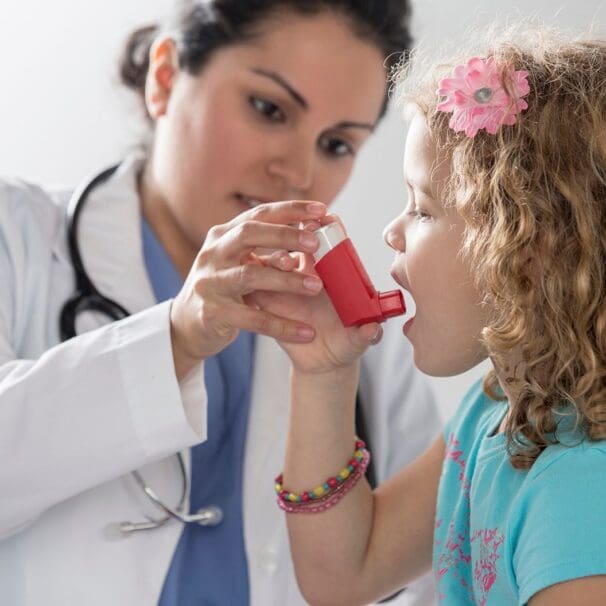HealthProviders DB is a comprehensive database of healthcare providers, including a complete directory of all Pediatric Pulmonologists.
Pediatrics Healthcare Taxonomy Code 2080P0214X
As of today, the following are the total number of Pediatric Pulmonologists nationally, in your State, and near your location.
Select a State below to view the list by State. Additionally, you can narrow the list by city, among other options, from the Filter Panel, which you can open by clicking the vertical ellipses ⋮ in the upper right corner of the app.
Alaska – Alabama – Armed Forces Pacific – Arkansas – American Samoa – Arizona – California – Colorado – Connecticut – District of Columbia – Delaware – Florida – Federated States of Micronesia – Georgia – Guam – Hawaii – Iowa – Idaho – Illinois – Indiana – Kansas – Kentucky – Louisiana – Massachusetts – Maryland – Maine – Marshall Islands – Michigan – Minnesota – Missouri – Northern Mariana Islands – Mississippi – Montana – North Carolina – North Dakota – Nebraska – New Hampshire – New Jersey – New Mexico – Nevada – New York – Ohio – Oklahoma – Oregon – Pennsylvania – Puerto Rico – Palau – Rhode Island – South Carolina – South Dakota – Tennessee – Texas – Utah – Virginia – Virgin Islands – Vermont – Washington – Wisconsin – West Virginia – Wyoming
Medicare
The following are the total number of Pediatric Pulmonologists who accept Medicare in your State, the number who have opted out of Medicare, and the total number excluded from participation in Medicare nationwide.
The diagram below shows all the Pediatric Pulmonologists across the country, represented by blue bubbles. The larger the bubble, the greater the concentration of providers in that area. Red bubbles represent Medicare-excluded providers, with the larger bubbles indicating a higher percentage of excluded providers in that region. You can change the bubble size to be based on exclusions from the Size menu.
What do Pediatric Pulmonologists do?
Pediatric pulmonologists diagnose, treat, and manage a wide range of breathing and lung disorders in children, from birth to young adulthood.
They are specialists who handle complex conditions like asthma, cystic fibrosis, and chronic lung diseases, often working with hospitalized patients who have severe breathing problems.
They create personalized treatment plans that may include medication, breathing exercises, and other therapies, and may also partner with other specialists.
What they do
Collaborate with other specialists: They work with other medical professionals, such as respiratory therapists and surgeons, to provide comprehensive care.
Diagnose and treat: They diagnose and treat acute and chronic respiratory diseases using tools like pulmonary function tests, imaging, and sleep studies.
Develop treatment plans: These plans are personalized and may include medications (like those delivered via inhalers or nebulizers), breathing exercises, or other therapies.
Manage complex cases: They are experts in handling challenging respiratory illnesses, including those in hospitalized children.
Provide follow-up care: They provide ongoing management of conditions such as chronic lung disease, monitor test results, and assess the effectiveness of treatments.
Common conditions treated
- Asthma
- Cystic Fibrosis
- Pneumonia
- Sleep apnea
- Chronic cough
- Chronic lung disease
- Bronchitis
- Respiratory syncytial virus (RSV)
- Congenital lung abnormalities
- Interstitial lung diseases
- Respiratory failure
- Aspiration (inhaling food or drink into the lungs)

